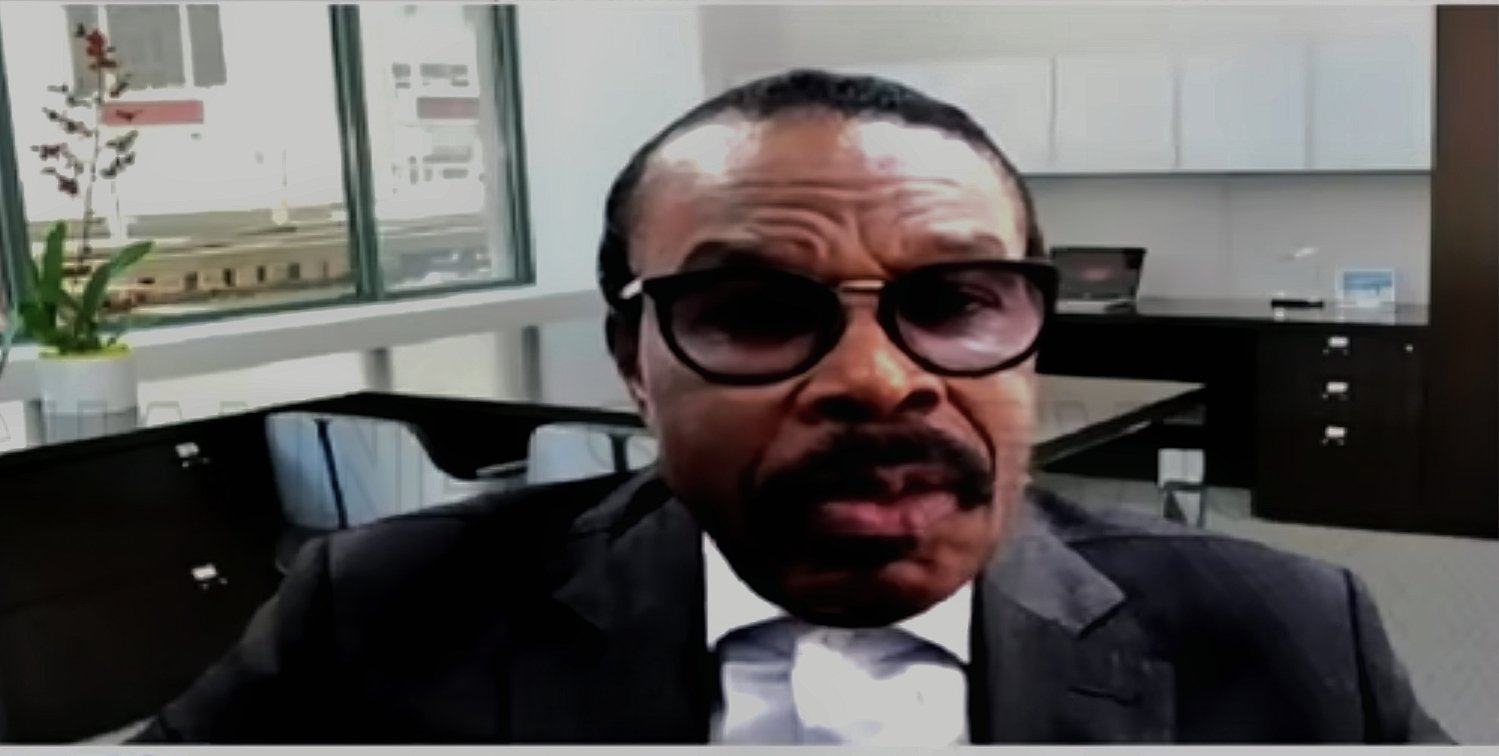Respected economist and CEO of Financial Derivatives Company, Mr. Bismarck Rewane, made a striking comment that has sparked some form of controversy: Nigeria’s old refineries are so obsolete and costly that they might as well be “given out as gifts.”
Rewane made the remark while discussing the federal government’s latest borrowing plans, Eurobond refinancing, and the rising concerns among Nigerians over the country’s debt profile.
Why Rewane Says the Refineries Should Be “Given as Gifts”
Rewane explained that Nigeria’s state-owned refineries—built between 40 and 60 years ago—no longer make economic sense. According to him:
The technology is outdated, making them extremely expensive to maintain.
Their output is inefficient compared to modern refineries abroad and within Nigeria.
Any buyer would need to spend massive amounts to upgrade them before they can compete.
They have become “cash guzzlers”, draining government funds without producing meaningful results.
Because of these factors, Rewane argued that the refineries have little or no resale value in their present state.
His “gift” comment—though sarcastic—emphasised that the refineries might cost more to fix than they are worth, making them unattractive to serious investors.
“Nobody in their right mind will buy them”
Rewane stressed that due to the huge amount required to rebuild and modernize the facilities, potential buyers would be discouraged unless the assets are offered at very low prices or heavy discounts.
He described the refineries as “dying or dead assets,” noting that keeping them under government control only continues to drain public funds.
Refineries Sale Not About Debt—But Efficiency
Although the government is searching for more revenue, Rewane clarified that selling the refineries is not primarily a debt-reduction strategy. Instead, it is a move toward: improving energy sector efficiency, reducing wasteful spending, and freeing government finances from long-term maintenance burdens.
Nigeria’s Future Without Fuel Imports
Rewane noted that with modular refineries operating and Dangote Refinery already producing millions of litres daily, Nigeria is moving closer to ending its longtime dependence on imported refined fuel.
He said this shift would: strengthen the naira, boost local productivity, and benefit West African fuel markets.
On Borrowing and Eurobonds: “No Need to Panic”
When asked about Nigeria’s increasing borrowings, Rewane said the new Eurobond issuance is not additional debt, but refinancing for existing Eurobond obligations that recently matured.
He added that: global interest rates are currently dropping, making refinancing favourable, government revenues are rising due to subsidy removal, and the domestic borrowing request is simply a formal ratification of already-planned expenditures.
Bottom Line
Rewane’s key message was clear:
Nigeria should stop pouring money into old refineries and let the private sector take over—even if it means selling them at a heavy discount, or in his sarcastic words, “giving them out as gifts.”
His comments highlight the urgent need for a realistic approach to asset management in Nigeria’s oil sector, especially as the country navigates rising debts and changing global energy dynamics.

